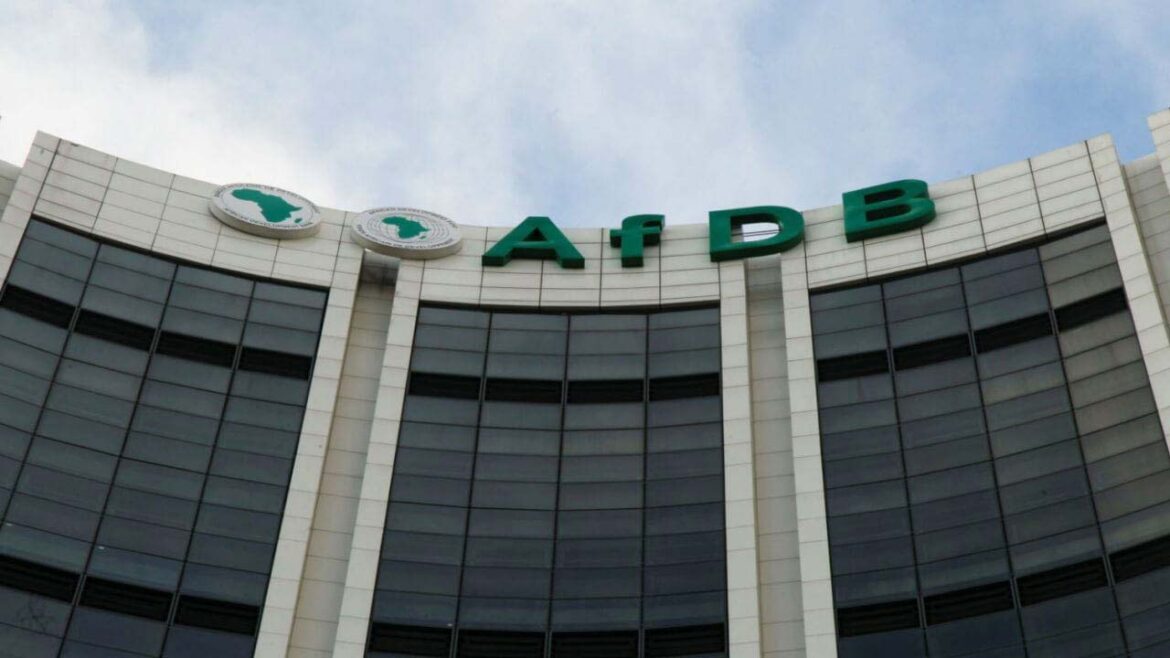By Muhammad Amaan
The African Development Bank (AfDB), has restated the urgent need for Nigeria to close its Annual Development financing gap of $31.5 billion.
AfDB’s Director-General for Nigeria, Dr Abdul Kamara, said this was part of the findings of the Bank’s 2025 Nigeria Country Focus Report (CFR) inaugurated on Thursday
Dr Kamara said the call was crucial, especially as the country pursued bold economic reforms aimed at fostering long-term growth and macroeconomic stability.
The theme of the report is: “Making Nigeria’s Capital Work Better for Its Development.”
The director-general said the report underscored the need for a more strategic and coordinated approach to mobilising and deploying Nigeria’s diverse capital resources.
He listed the resources to include fiscal, financial, human, natural, and business capital needed to drive structural transformation and inclusive development
Kamara described the report as a timely intervention that aligned with the country’s current reform trajectory.
“This report is both timely and practical. Nigeria is demonstrating bold leadership through difficult but necessary reforms.
“Its capital is more than financial. It includes human, natural, and institutional assets.
“What this report shows is the need for integrated strategies that make every form of capital work together to drive inclusive and sustainable transformation,” he said.
He said the report comes as Nigeria implements key policy shifts, including the removal of fuel subsidies, exchange rate unification, and comprehensive tax reforms, all aimed at stabilising the economy and boosting investor confidence.
Dr Kamara said despite these reform efforts, the CFR projected a slight decline in Nigeria’s real Gross Domestic Product (GDP) growth from 3.4 per cent in 2024 to 3.2 per cent in 2025 and 3.1 per cent in 2026.
The director-general said the rate was due to persistent structural challenges and heightened global uncertainties.
According to him, domestic resource mobilisation is a critical factor that can help in closing the financing gap in the country.
The report noted that Nigeria’s tax-to-GDP ratio remains among the lowest in the region, as the informal sector continues to undermine revenue performance,” he said.
AfDB’s Lead Economist for West Africa, Dr Jacob Oduor, said that while Nigeria’s fiscal reforms were commendable, long-term success depended on credible institutions and disciplined macroeconomic management.
“Market-based tools like exchange rate reforms can support resilience, but they must be backed by strong institutions and sound fiscal discipline,” he said.
AfDB Country Economist for Nigeria, Mr Peter Rasmussen, said enhanced public financial management and reduced reliance on oil revenues would provide the fiscal space to invest in infrastructure and human capital.
The 2025 Country Focus Report forms part of the AfDB’s annual series providing country-specific analysis to inform policy dialogue, development planning, and reform implementation across its Regional Member Countries.




